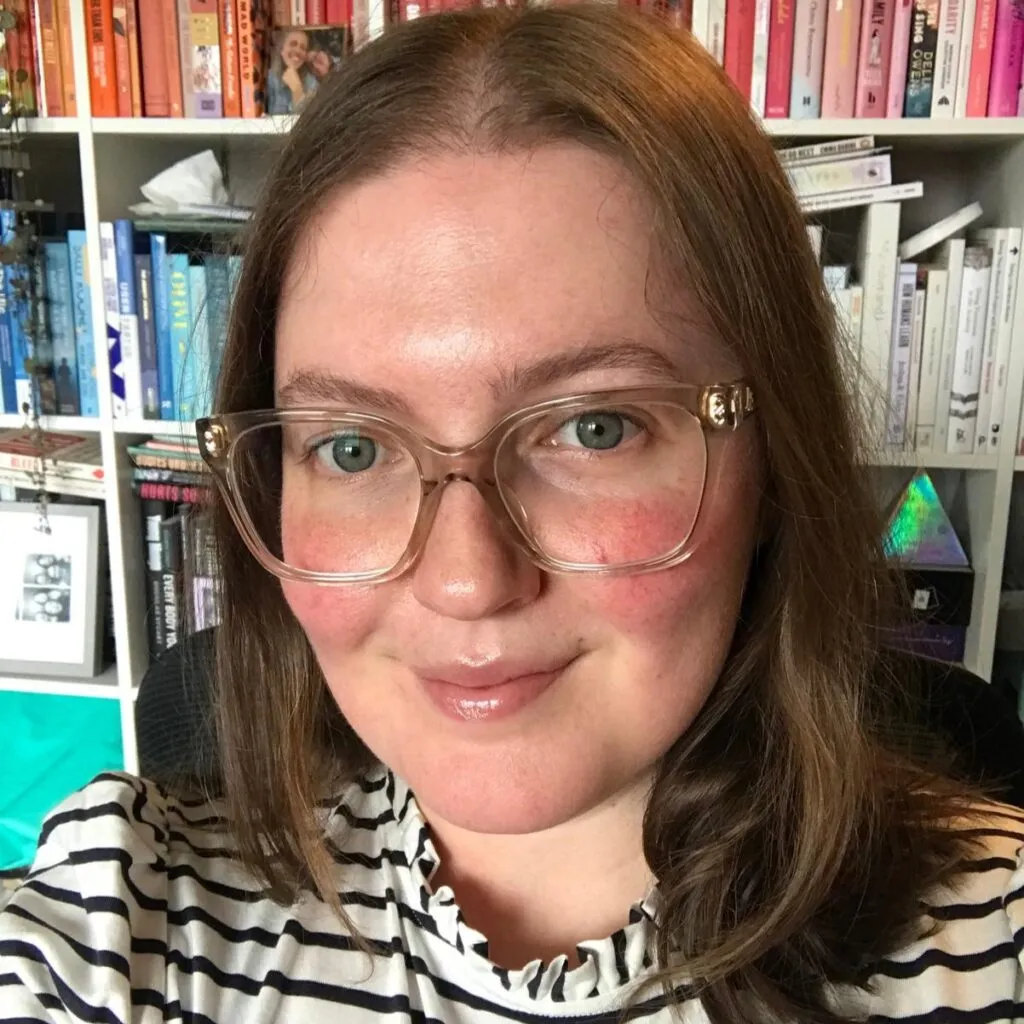Emily helps support autistic women & non-binary people across Scotland in her volunteering with SWAN Autism (Scotland). Following her late diagnosis, connecting with SWAN empowered Emily to understand herself better & rediscover who she is. Emily helps others to do the same.
Emily hosts an outdoor swim for people living with mental illness & experiencing mental health challenges. She supports those in her local community to experience the healing power of connection & cold-water swimming.
Emily worked with Deborah Frances-White (host of the Guilty Feminist Podcast) to fact-check her book ‘Six Conversations We’re Scared to Have’ about navigating opposition to promote social change.
After completing the Women’s Resource Centre’s ‘Feminist Leadership’, Emily pledged to continue to challenge her own internalised ableism. Emily is part of the Advisory Group for the Independent Review of Adult Disability Payment in Scotland. She was selected for her expertise in intersectionality & stakeholder engagement. Emily is leading the Scottish expansion of a participatory research project ‘Changing Realities’ that shares the everyday experiences of families living on low income to advocate for urgent social security reform. She uses ethics of care to support parents with creative journaling, zine making, media engagement & campaigning.
Emily is a first-generation student: the first in their family to go to uni. She advocates assiduously for disabled students. She has taught gender studies, politics & criminology. She was awarded Associate Fellow for her commitment to learning & teaching in higher education & nominated for countless awards -by students – for prioritising student well-being.
Emily made her Edinburgh fringe debut with her show ‘Can the Police be Feminist?’, features as a guest sociologist on BBC Radio Scotland & gave a guest lecture at Leuphana University on the ‘Dilemmas & Tensions of Feminist Research’.



